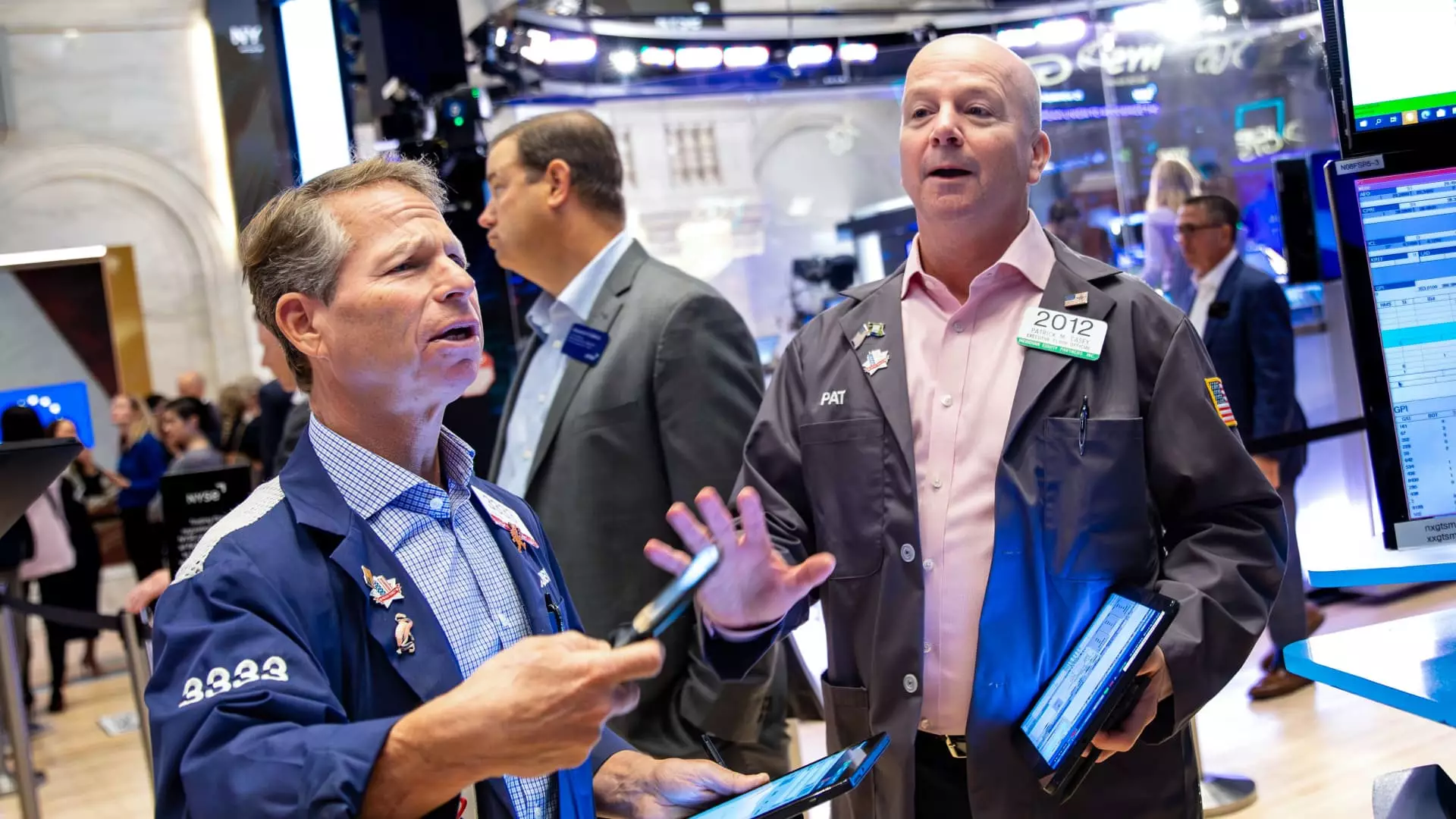The global landscape of investment is currently overshadowed by significant geopolitical tensions, particularly the rising conflict between Israel and Iran, as well as ongoing crises in Ukraine and the South China Sea. Amidst this backdrop, investors face unique challenges that demand an informed approach to financial strategy. Insights from leading market experts illustrate how these global dynamics could impact investment decisions and where opportunities may lie within the turmoil.
As conflicts escalate in various regions around the globe, experts argue that the current geopolitical climate is the most precarious it has been in half a century. Terry Haines from Pangaea Policy emphasized that significant events such as the Israeli-Iranian tensions and the Ukraine crisis have not been fully factored into market valuations. He warns that the potential for worse outcomes has escalated dramatically within recent weeks. From a market perspective, this suggests that investors may be dramatically underprepared for the fluctuations that could arise from geopolitical fallout.
The insight is particularly relevant as we approach a critical juncture in U.S. politics, with forthcoming elections potentially leading to shifts in defense spending and military capacities that may ripple through financial markets. Monitoring the U.S. response to these international tensions is essential for investors who want to align their portfolios with anticipated shifts in government policy and defense priorities.
In light of these risks, experts like Simeon Hyman of ProShares Advisors recommend shifting a portion of investment focus to bonds. He advocates for this approach as bonds can provide a reliable source of income during times of uncertainties, particularly when geopolitical risks loom large. Hyman posits that the fixed-income market has sufficient yield potential to serve as a buffer against heightened tensions, allowing investors the financial agency to navigate turbulent waters.
This recommendation is critical, as the unpredictable nature of geopolitical conflicts can severely impact equity markets. Shifting to bonds could safeguard portfolios from volatility and capitalize on guaranteed income amid a potential downturn triggered by international unrest.
Investors are also turning their attention to defense stocks, which tend to thrive under conditions of heightened military conflict. Companies like Lockheed Martin, Raytheon, and L3Harris have reportedly seen increases in their stock prices as investors project that government spending on defense will rise in response to regional instability. The logic here is straightforward: increased military tensions often lead to escalated defense budgets, which in turn benefits defense contractors.
Recognizing this trend emphasizes the importance of strategic positioning within one’s investment portfolio. Investors may consider reallocating assets toward defense firms while remaining vigilant about ongoing developments in the geopolitical sphere.
The biotechnology sector presents another intriguing area for potential investment, especially amid the backdrop of technological advancements and innovations in artificial intelligence. Scott Ladner from Horizon Investments highlighted that sectors such as biotech might benefit significantly from AI innovation—an aspect that could enhance their long-term growth prospects. ETFs like iShares Biotechnology (IBB) and SPDR S&P Biotech (XBI) emerged as popular choices for those looking to capitalize on this trend.
However, Ladner cautioned that the sector remains sensitive to wider economic indicators. An aggressive interest rate cut could signify economic weakness, which might negatively impact biotech and healthcare stocks, making thorough assessment crucial prior to investment.
Interestingly, shipping stocks have demonstrated resilience during the recent disruption caused by strikes on the U.S. East and Gulf Coast. As the strike continues, investors appear to be banking on the potential for these companies to leverage evolving supply routes and increased demand for shipping services. This indicates a shift in trading patterns that may provide robust opportunities for returns.
Navigating the complex landscape of investment during heightened geopolitical tensions necessitates an informed and flexible strategy. By focusing on diversified assets ranging from bonds to defense stocks and biotech, investors position themselves to not only weather the storm of uncertainty but also to capitalize on emerging opportunities. As global dynamics shift, continuous reassessment and adaptation will remain pivotal in making sound investment choices in an increasingly volatile world.

